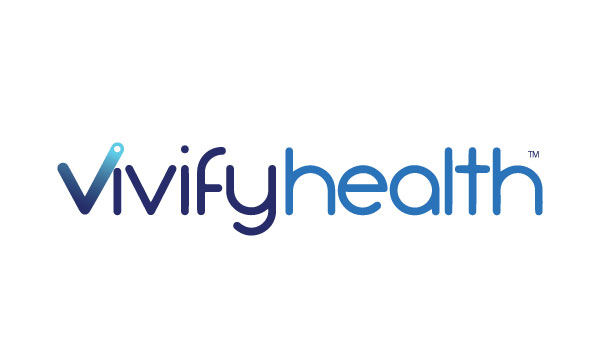Nov 26, 2018
What is the secret sauce of a health care startup?
Last month, Fast Company published an article looking at trends in the digital health startup space and comparing the traits of consumer based tech companies to health care startups. In the article they look at reasons why digital health startup companies tend to fail or pivot more than typical consumer-based tech companies.

The majority (61%) of B2C digital health companies end up pivoting to be a B2B company selling to insurance companies, providers, or health systems. The reason for this shift is most founders don’t understand the complexities of the health care system or understand who their end user really should be. When creating a digital health solution, basic questions need to be addressed such as: how will the provider access data? Will it improve the patient’s quality of care? Will it be covered by insurance? Or will payers be interested enough in this product to cover costs? With different players and overall complexity of the US health system, the process doesn’t allow startups to work in the typical “move fast and break things” model.
UPMC Enterprises was created to address this issue and strategically partner with CEOs, founders, and start-ups to educate and provide a testing ground for a potential pilot. In an interview with Tal Heppenstall, President of UPMC Enterprises, he states, “We’re focused on solving problems in health care, not just investing money into startups. A lot of health systems have venture capital funds, but when Enterprises commits, UPMC commits – not just with money but as a customer. Sometimes our portfolio companies also turn into great investments.” Our partnerships provide an incredible opportunity to work collaboratively with physicians, health plans, and patients to ensure a new product works for its end user – not just focused on solving a problem.

For example, Enterprises portfolio company, Vivify Health, is a remote monitoring platform that enables patients to stay in the comfort of home while providers monitor their conditions from the hospital, reducing avoidable patient readmissions and reducing the cost of care. Through the partnership with UPMC Enterprises, Vivify was able to work directly with physicians and the UPMC Health Plan to refine their solution for both the payers and providers as well as for the patients.
All portfolio companies are nurtured and integrated into our $19 billion health system with 40 hospitals and 3.4-million-member insurance arm, giving digital health companies an inside look at the whole delivery system. With our unique approach, no solution is created in a vacuum and can be expanded into other health systems. This approach works well with Fast Company’s theory of “need-driven innovation,” meaning instead of startups inventing new technology, they spend time researching a problem and developing a solution to address these issues. UPMC Enterprises does just that. “We don’t invest unless we know it’s going to be used at UPMC. And that’s a huge advantage as opposed to just being a holding in someone’s investment portfolio. What we give startups in health care is their first customer,” explains Heppenstall.


